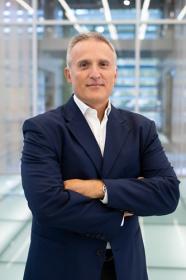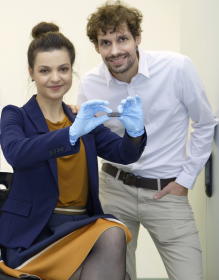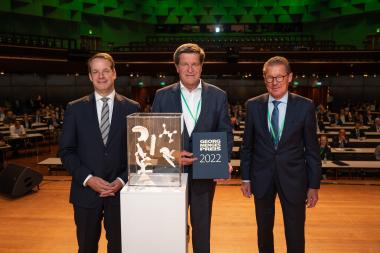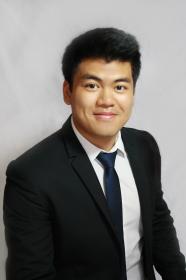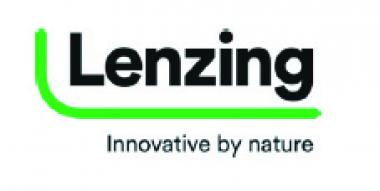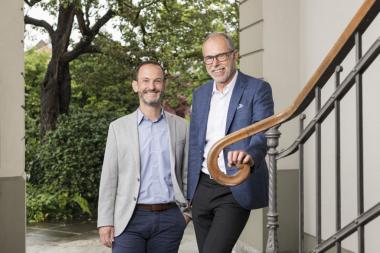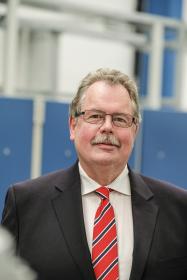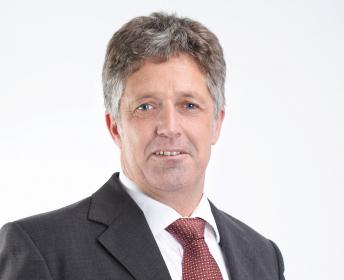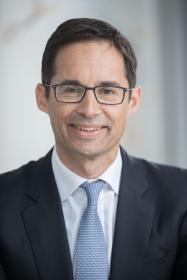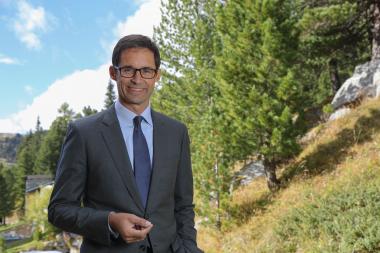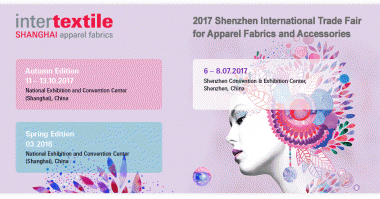Keys to Unlock the Next Level in Sustainable Fashion
On the occasion of the 15-year anniversary of the inaugural Global Fashion Summit, Global Fashion Agenda (GFA) has released a special edition of the Fashion CEO Agenda — a strategic resource designed to steer fashion organisations towards achieving a net positive industry by 2050. In line with the 2024 theme of Global Fashion Summit, ‘Unlocking the Next Level’, this year’s Fashion CEO Agenda presents five pivotal opportunities for fashion executives and the industry at large to unlock transformative impact for people and planet.
In the 15 years since the inception of Global Fashion Summit in 2009, sustainability has evolved from a peripheral concern to a central focus in the fashion business landscape, prompting significant strides across the industry. Despite this progress, the alarming escalation of global warming and exponential rise in clothing production demand urgent and collective action from fashion industry leaders.
Unlocking the next level of positive impact necessitates a comprehensive understanding of interdependencies and system-wide solutions. The 2024 edition of the Fashion CEO Agenda aims to empower fashion leaders and the wider industry to embrace five key opportunities:
- Operationalising Sustainability
- Redefining Growth
- Activating Consumers
- Prioritising People
- Mobilising Based on Materiality
Drawing from the five priorities of the Fashion CEO Agenda — Respectful and Secure Work Environments, Better Wage Systems, Resource Stewardship, Smart Material Choices, and Circular Systems — this special edition highlights five cross-cutting opportunities that will help achieve the next level of progress on these priorities.
Tailored for fashion brands, retailers, and producers, this edition of the Fashion CEO Agenda differs from previous editions as it focuses on challenging norms and amplifying efforts, and serves as a crucial inflection point for the industry to foster positive outcomes for both society and the environment. By upholding the rights of workers, championing diversity and inclusivity, redefining success metrics, and reshaping growth paradigms, profound transformation is possible.
Federica Marchionni, CEO, Global Fashion Agenda, says: “The Fashion CEO Agenda 2024 aims to help leaders to shift their mindset, providing clear unlocks for embracing the challenges for future proofing their businesses and operations. I urgently encourage leaders to work closely with cross-functional teams, use empathy, and a values-based approach that prioritises the planet and the well-being of the people. By doing so, we secure the foundation of our businesses and deliver not only financial returns but also positive impact on the world around us.”
Through renowned events, impact programmes, and thought leadership publications, GFA consistently convenes industry pioneers, shares tangible case studies, disseminates best practices, and highlights practical tools. While recognising the enduring utility of these resources, stakeholders are now encouraged to build upon existing insights and embrace increasingly sophisticated, holistic, and human-centric opportunities to unlock the next level of industry transformation across the entire value chain.
The Fashion CEO Agenda 2024 is an openly accessible resource and available to download at the GFA’s website
Global Fashion Agenda






